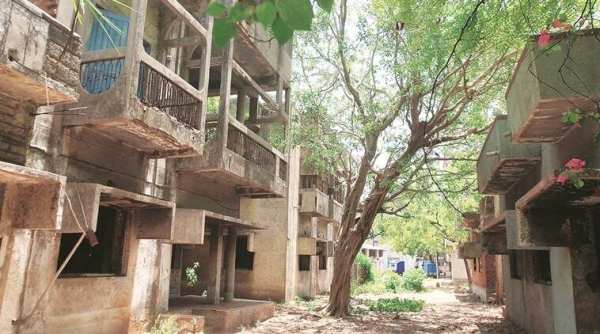2002 Gujarat riots: SC dismisses Zakia Jafri’s plea challenging SIT clean chit to Modi, others

The Supreme Court Friday dismissed a plea filed by Zakia Jafri, widow of former Congress MP Ehsan Jafri, challenging a clean chit given by the Special Investigation Team (SIT) to then Gujarat chief minister Narendra Modi and several others in the 2002 Gujarat riots.
A bench headed by Justice A M Khanwilkar and also comprising Justices Dinesh Maheswhwari and C T Ravikumar, was hearing Jafri’s appeal challenging the October 5, 2017 Gujarat High Court order upholding the Ahmedabad Metropolitan Magistrate Court’s decision to accept the SIT’s closure report, which gave a clean chit to then Gujarat chief minister Modi and 63 others in riots-related cases.
 The abandoned Gulberg Society in Ahmedabad. Express Photo/Archive
The abandoned Gulberg Society in Ahmedabad. Express Photo/Archive
Ehsan Jafri, a former MP, was among 68 killed at Gulberg Society in Ahmedabad on February 28, 2002, a day after a coach of the Sabarmati Express was burnt at Godhra, killing 59 people and triggering riots in the state.
On February 8, 2012, the SIT had filed a closure report giving a clean chit to Modi, and 63 others, including senior government officials, saying there was “no prosecutable evidence” against them.
In 2018, Zakia Jafri filed a petition in the Supreme Court challenging the High Court’s October 5, 2017 order rejecting her plea against the decision of the SIT. The plea also maintained that after the SIT gave a clean chit in its closure report before a trial judge, Zakia Jafri filed a protest petition which was dismissed by the magistrate without considering “substantiated merits”.
Her plea also said the Gujarat high court “failed to appreciate” the petitioner’s complaint which was independent of the Gunbarrel Society case registered at Meghaninagar Police Station. The high court, in its October 2017 order, had said the SIT probe was monitored by the Supreme Court.
It, however, partly allowed Jafri’s petition as far as its demand for a further investigation was concerned. It had then said the petitioner (Zakia) can approach an appropriate forum, including the magistrate’s court, a division bench of the high court, or the Supreme Court seeking further investigation.
– With PTI inputs

